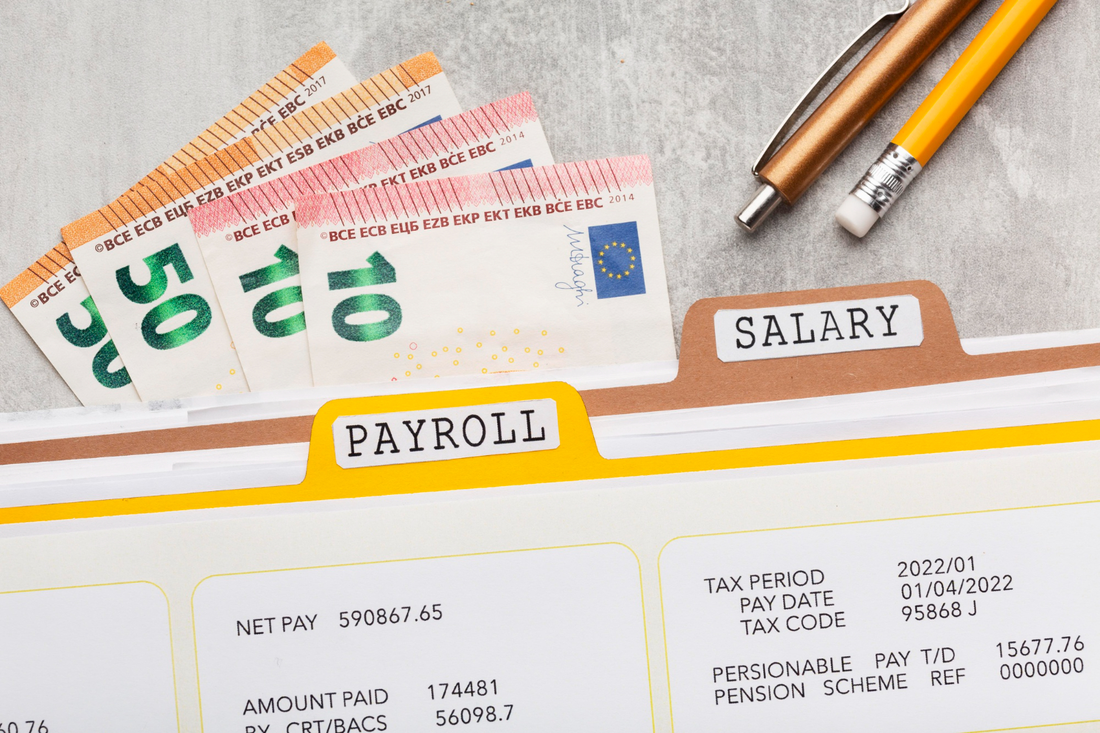Have you ever wondered what is a good credit score in UAE? If you’re not familiar with credit scores, don’t worry!
In this blog, we’ll explain the importance of understanding credit scores and why having a good credit score is crucial in the UAE. So, let’s dive in!
What is a Good Credit Score in UAE?
Definition of Credit Score
In the UAE, a credit score is a three-digit number that reflects your creditworthiness. It’s like a financial report card that lenders use to evaluate your reliability in repaying debts and managing your finances.

Your credit score is based on your credit history, which includes information about your past loans, credit card payments, and any defaults or late payments. It gives lenders a quick snapshot of your financial responsibility and helps them determine whether to approve your loan or credit application.
Credit Score Range in UAE
Credit scores in the UAE typically range from 300 to 900. The higher your score, the better your creditworthiness.
The average credit score range in the UAE varies, but generally falls between 600 and 750. This range indicates a decent credit score, but it’s always a good idea to strive for improvement.
Lenders consider a credit score above 700 as good, while anything above 800 is considered excellent. On the other hand, a score below 500 is generally seen as poor.
Keep in mind that different lenders may have varying criteria for what they consider a good credit score, so it’s always best to check with them directly.
Factors Affecting Credit Scores in UAE
Several factors can influence your credit score in the UAE. These factors include:
- Payment History: Your track record of making timely payments is crucial. Late payments, defaults, or accounts sent to collections can significantly lower your credit score.
- Credit Utilization: This refers to the percentage of your available credit that you’re currently using. High credit utilization can negatively impact your credit score. Aim to keep your credit utilization below 30% to maintain a good score.
- Length of Credit History: The length of time you’ve had credit accounts also plays a role. A longer credit history can demonstrate your ability to manage credit responsibly, positively impacting your score.
- Types of Credit: Having a mix of different types of credit, such as credit cards, loans, and mortgages, can positively affect your score. It shows that you can handle various financial obligations.
- Credit Applications: Each time you apply for credit, it generates a hard inquiry on your credit report. Multiple credit applications within a short period can lower your score. Minimize unnecessary credit applications to protect your credit score.
Role of Credit Bureaus in UAE
Credit bureaus in the UAE, such as Al Etihad Credit Bureau (AECB) and Emcredit, play a vital role in the credit system. They collect and maintain credit information on individuals and businesses.
These bureaus receive data from banks, financial institutions, and other sources, which they compile to create credit reports and assign credit scores. Lenders and financial institutions rely on the information provided by credit bureaus to assess an individual’s creditworthiness.
The credit bureaus also handle credit report disputes and corrections. If you find any errors or inaccuracies in your credit report, you can contact the credit bureau to rectify them. It’s important to regularly check your credit report to ensure its accuracy and address any issues promptly.
By understanding the definition of credit scores, the credit score range in the UAE, the factors influencing credit scores, and the role of credit bureaus, you can gain a clearer picture of how your financial behavior affects your creditworthiness in the UAE’s credit system.
Importance of a Good Credit Score in UAE

A. Access to Financial Opportunities
Having a good credit score opens doors to various financial opportunities. Whether you’re applying for a loan, a credit card, or a mortgage, lenders will assess your creditworthiness. A good credit score increases your chances of approval and may even give you access to better interest rates and loan terms.
B. Better Interest Rates and Loan Terms
A good credit score can save you a significant amount of money in the long run. Lenders are more likely to offer lower interest rates and favorable loan terms to borrowers with good credit scores. This means you’ll pay less interest over the life of a loan and have more affordable monthly payments.
C. Enhanced Creditworthiness
Your creditworthiness is crucial in the UAE’s financial landscape. A good credit score demonstrates that you are reliable and responsible with your finances. This can lead to increased trust from lenders, making it easier for you to secure loans and other financial products in the future.
D. Building Trust with Lenders and Financial Institutions
When you have a good credit score, it shows lenders and financial institutions that you can be trusted. They see you as a responsible individual who is likely to repay your debts on time.
This builds a positive relationship between you and lenders, making it easier to obtain credit in the future. Lenders are more willing to work with borrowers who have a proven track record of managing their credit responsibly.
Credit Score Requirements in UAE
Credit Score Criteria for Various Financial Products
Different financial products have different credit score requirements. For example, a basic credit card may have a lower credit score requirement compared to a mortgage or a personal loan.
It’s important to familiarize yourself with the specific credit score criteria for the financial product you’re interested in to ensure you meet the requirements.
Minimum Credit Score Requirements for Loans and Credit Cards
While the exact minimum credit score requirements can vary among lenders, a credit score of 650 or higher is generally considered acceptable for many loans and credit cards in the UAE.
However, keep in mind that meeting the minimum requirement doesn’t guarantee approval. Lenders also consider other factors such as income, employment history limited contract or unlimited contract UAE, and existing debt.
VI. How to Improve Your Credit Score in UAE
A. Know Your Current Credit Score
Start by knowing where you stand. Obtain a copy of your credit report and check your credit score. This will give you a clear picture of your current financial standing and help you identify areas for improvement.
B. Review and Understand Your Credit Report
Carefully review your credit report for any errors or inaccuracies. If you find any discrepancies, report them to the credit bureau for correction. Understanding the information in your credit report will also help you identify areas where you can make positive changes.
C. Pay Your Bills on Time
One of the most important factors in building a good credit score is making timely payments. Pay your bills, loans, and credit card balances on time to avoid late payments or defaults, which can negatively impact your credit score.
D. Reduce Credit Utilization
Credit utilization refers to the percentage of your available credit that you’re using. Aim to keep your credit utilization below 30% to maintain a good credit score. If your credit utilization is high, consider paying down your balances or requesting a credit limit increase to improve your score.
E. Maintain a Mix of Credit Types
Having a mix of credit types, such as credit cards, loans, and mortgages, can positively impact your credit score. It shows that you can manage different types of credit responsibly. However, remember to only take on credit that you can comfortably handle.
F. Limit Credit Applications
Each time you apply for credit, it triggers a hard inquiry on your credit report, which can temporarily lower your score. Limit the number of credit applications you make to avoid multiple inquiries and protect your credit score.
G. Long-Term Financial Planning
Good credit habits are built over time. Practice responsible financial management, including budgeting, saving, and avoiding excessive debt. Long-term planning ensures that you maintain a good credit score and overall financial well-being.
To grasp better understanding of what is a good credit score in UAE, how to check your credit history in UAE, and to apply loan, you could watch the video by Asim:
Final Words
So, what is a good credit score in UAE means a numerical representation of your creditworthiness. It is essential for accessing financial opportunities, securing favorable interest rates and loan terms, enhancing creditworthiness, and building trust with lenders and financial institutions.
To maintain a good credit score in the UAE, remember these key tips:
- Pay your bills on time to avoid late payments or defaults.
- Keep your credit utilization below 30% by managing your credit card balances.
- Maintain a mix of credit types to demonstrate your ability to handle different types of credit.
- Limit the number of credit applications you make to minimize the impact on your credit score.
- Practice long-term financial planning, including budgeting, saving, and responsible debt management.
By following these tips and being proactive in managing your credit, you can establish and maintain a good credit score in the UAE, opening doors to a world of financial opportunities.
So, take control of your financial future, understand your credit score, and make smart decisions that will pave the way to a brighter and more secure financial life in the UAE!







